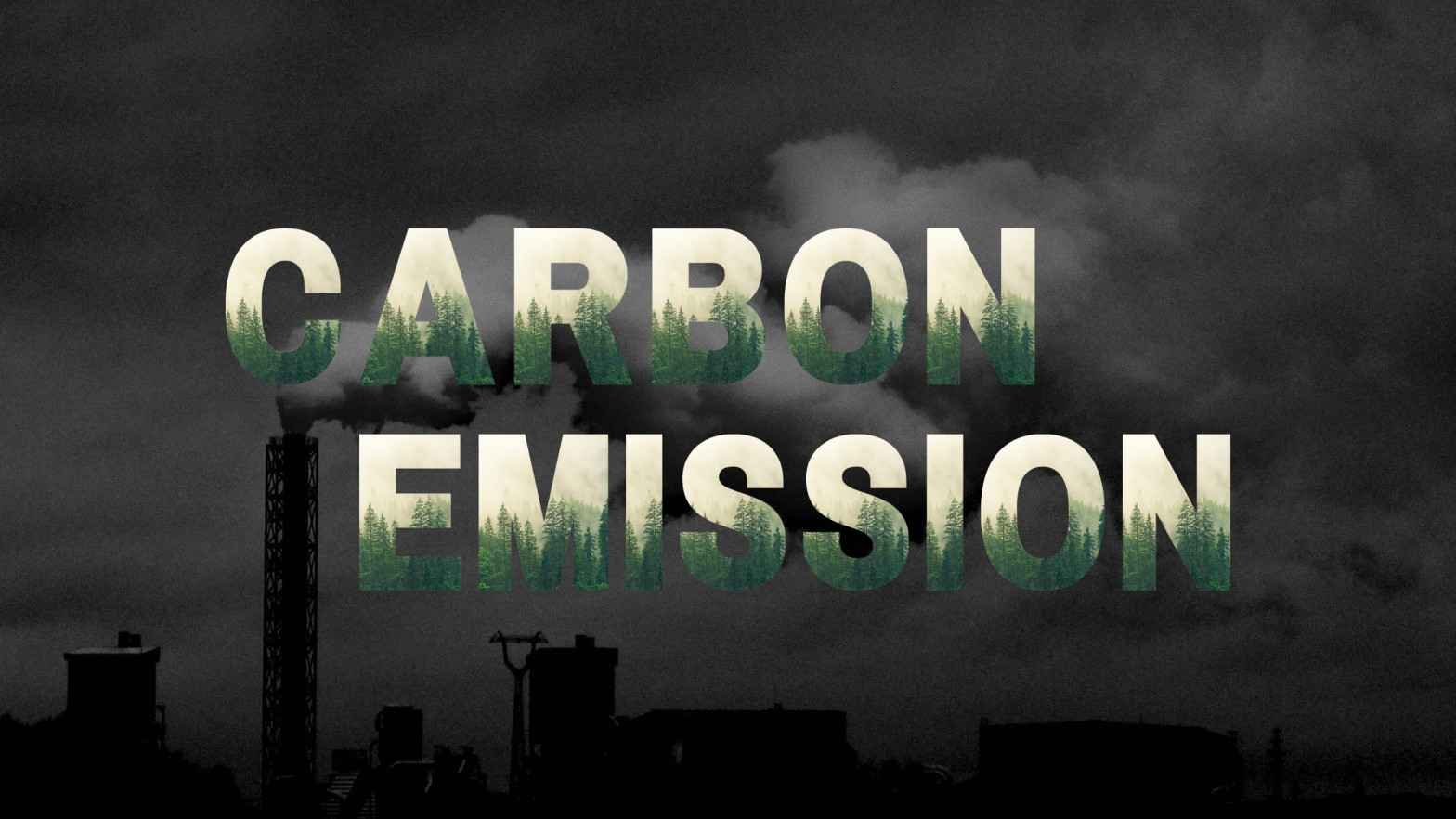
Myths About Solar- How True They Are
When it comes to installing solar panels on your roof, some homeowners may be hesitant to adopt it because of what they’ve heard or read on the internet. We live in an era of misinformation, which, unless we vigorously check our sources, can prevent us from living our best lives. Indian mythology acts as a medium for people to share stories and share a sense of belonging. But encouraging inaccurate myths around climate change, renewable, clean technology can hold us back from becoming more sustainable.
Myths #1: Solar only works when the sun is shining. I still need power when it’s raining.
Actually, solar technology can work in any weather condition, including rainy and cloudy days. Because some sunlight still reaches the earth. (keep in mind that solar panel collect light, not heat). High temperature lower the efficiency of solar panel. On the top of that battery storage can be connected to your solar panels and provide energy at night.
Backup batteries can be integrated with a grid-tied system for 100% up-time. By installing backup batteries, you will have power supply even during an outrage. In the case of on-grid, off-grid, and hybrid systems, batteries store power produced by the solar panels.
Also, solar panels do not completely shut down in rainy season. They continue to operate at 50% efficiency. Additionally, excess energy during summer month is available in the form of energy credit/money to be used during times when not much solar energy is produced.
Therefore, cities with moderate temperature such as Bangalore are better suited for solar than warmer cities like Chennai.
Myths #2 • Solar panels are prone to damage from wind, birds, animals, and more
India’s dense bird population raises concerns about the effect of bird droppings on solar panels. The only way bird droppings affect solar panels is by reducing their efficiency. To avoid this, try setting up a scarecrow to keep the birds away and install the panels with sufficient maintenance space. This will allow you to clean the panels easily.
Cleaning your panels once every 15 to 30 days is recommended to get the most out of your investment.
Solar panels have toughened glass to prevent easy breakage. This is to say that a monkey standing or even jumping on it wouldn’t cause any physical damage.
While solar panels may not be bulletproof, they can withstand heavy winds and storms. The quality of workmanship – mounting structure, pipes, wiring – determines the all-weather durability of your solar power system.
Myths #3 • Most Indians cannot afford to own a solar power system
Many of us assume that switching to solar is a luxury thing, and an option for wealthy people. But this isn’t true. Falling cost and accessibility of financing options like loans and government subsidies have made solar a feasible option for all property owners. Property owner are eligible for incentives based on solar energy generation.
If your solar installation cover 100% of your electricity needs and your monthly solar lease fee/loan installment Is lower than your typical electricity bill, you’ll see saving right form the start.
Most of the customers get a payback on their solar investment within a span of 4-5 years. Once the investment is recovered, the power generated by your system for the next 18-20 years is free of cost.
Myths #4 • You can’t run heavy loads like heating appliances (air conditioner or heater) on solar power
You definitely can. Companies like Greenon Energy can help you to calculate your daily energy needs and help you decide how many solar panels you would need to support that need.1 kW (3 solar panels) provides approximately 4 units of energy per day. A typical 3-4BHK house would need about 12-15 solar panels to support your daily energy needs.
You can run any appliance like AC, washing machine, refrigerator, water pump for any number of hours on a solar on grid system (No battery system).
But for a solar off grid system (battery based system) you can power limited appliances for limited number of hours since you have limited storage.
You can surely use high power consuming appliances like AC on a solar off grid system but you will need quite a lot of battery storage which will escalate the project cost and maintenance cost.




